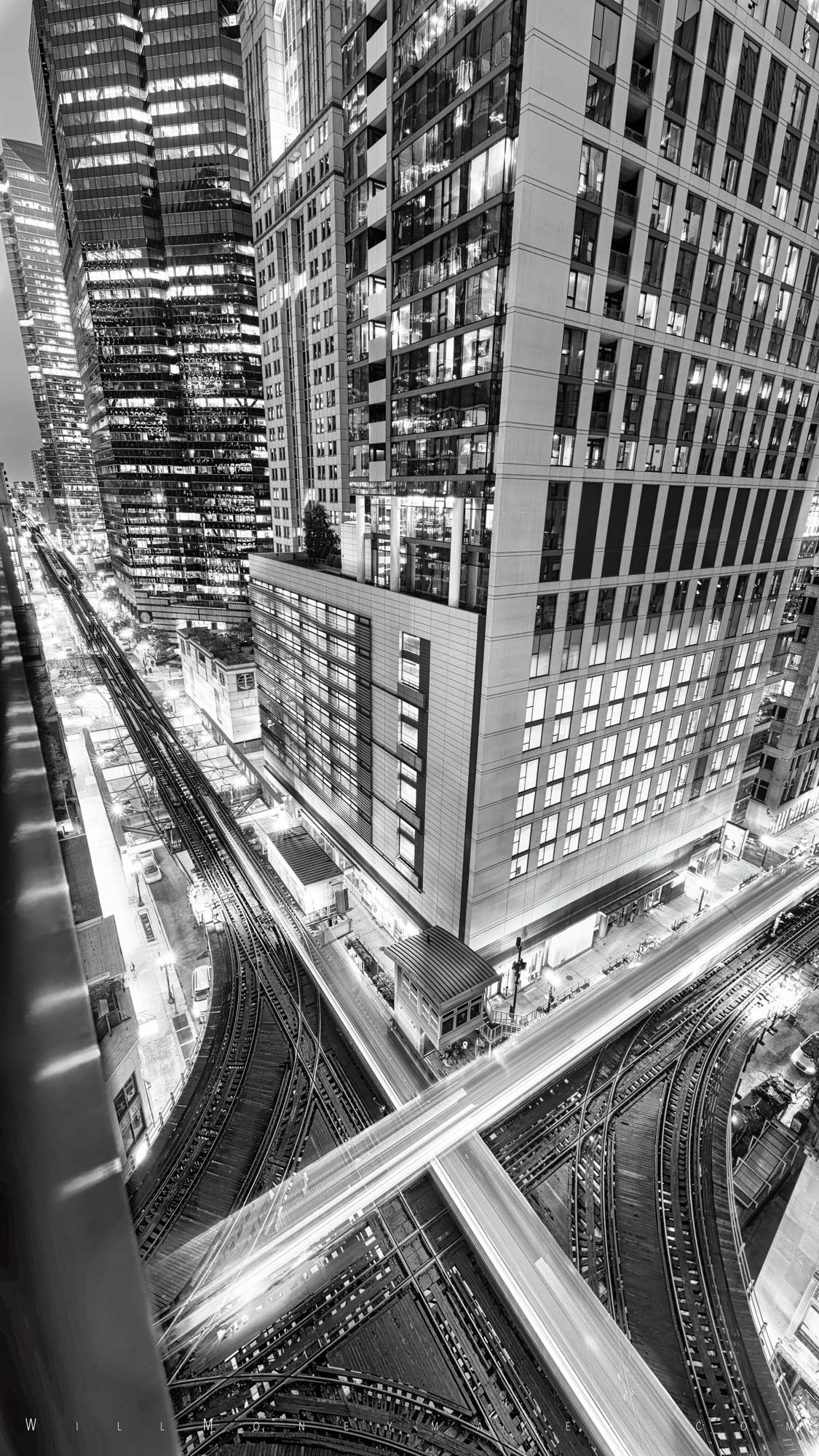Validation is a wonderful thing. In fact, I would argue that all of us need validation in the things that we do. It’s a vital part of what keeps us going. If you’ve ever received a compliment on one of your photographs, or even something like an award, then you know the sense of pride and accomplishment that comes with it—and the renewed vigor with which you go out to create new, even better photographs than the ones that earned you those accolades in the first place.
All of this is a natural, normal phenomenon that is quite healthy and perhaps even vital to keep us going. But there is a dark side to validation, too. There are times, I think, when the need for validation is so extremely deep that it just goes too far.
It is, I think, imperative that we all occasionally take a moment for self-reflection into this matter. I have seen instances in which the drive for validation was so overwhelming that it ultimately not only soured an individual’s taste for their passion, but even led to estrangement among former friends all sharing that same passion.
And so when I speak of this idea that we need to sometimes introspect on our own need for validation, what I would say is this: The first thing we must do is we must search within ourselves and learn why it is that we feel driven to create photographs. This means digging deep into our own psyches to ferret out the true reasons for doing it.
Truth be told, there can be so many reasons to get into photography. The need to be recognized for a talent can be one of them, but perhaps you also feel compelled to learn about the subjects you are photographing. Maybe you have a scientific interest in photography and painting with light. Perhaps there is just something about manipulating color, light, or geometry that appeals to you and leaves you feeling satisfied on a deep level.
Any number of these things can be reasons, or you could have reasons of your own—and in fact, you could find that there is not one singular reason to create, but a variety of them. I suspect that variety is the answer for most people. Photography is art, science, and constant learning all wrapped into one, which means it will scratch a great many of our itches at once.
As I’ve said, you will probably also find that the need for validation is one of the reasons why you create photographs. This is where things get tricky because, on the surface, there is absolutely nothing wrong with pursuing validation and recognition for your efforts. Of course those of us who are passionate about our art will want to show it to people. We're excited for what we've created, we hope others will like it, too, and when they do, that validates us and our excitement.
If we put the need for validation on a spectrum, then this is the healthy end of the spectrum. Now, what lies at the unhealthy end of the spectrum?
On the unhealthy side, things start to distort. Here, you will find validation is king. All other things come secondary to that need. Creating photographs is no longer about a passion for colors or geometry. It’s no longer about learning about your subject material. It’s no longer focused on a person’s fascination for the science behind the art.
In a nutshell, when the need for validation takes over and becomes an unhealthy thing, the victim’s photography is no longer about producing a quality, meaningful product. Rather, it becomes a mass-produced thing in which the victim seeks to create as many “good” photographs as rapidly as they can so that once the buzz dies down from their last project, they have something to show to get that buzz going again.
And this is where the validation turns into a vicious cycle—or perhaps more accurately, a downward spiral into not only bitterness, but also the opposite of the intended goal, which is the lack of validation.
You see, when this goes far enough, people will excitedly throw their mass-produced work out into the world—perhaps on social media or elsewhere. Except, this work was produced only with validation in mind, which leads to work that carries no real meaning or interest for most people. Thus, the work gains no attention, and the artist remains unvalidated. But the need to get that validation is so great that after the work flops, they hastily toss something new out, hoping it will capture what the previous work did not.
It’s a sad cycle—and worse, the people trapped in it are often so focused on this need to get that validation that they stop listening to their peers. It’s almost like an addiction. The goal is to get the fix, and everything else is drowned out by this need. While the world may be telling someone stuck in this cycle to slow down, to put meaning and personal growth ahead of the praise, they just can’t. And I’m sure you can see where this would create conflict, not only of the internal kind, but among groups of peers, too. So what is the lesson here? It’s that all things are best when in balance. Of course, we all want validation—and we all need and deserve it, too. But when validation becomes the primary objective, it can become a dangerous beast.





